Date: 18 April 2005
Insurance work accounts for between 70 and 80 per cent of the business of the autoglazing industry. Smith & Smith Autoglass, by securing preferred supplier deals with every major vehicle insurer, has captured 90 per cent of that work.
It is also the largest importer and distributor of automotive glass, the sole New Zealand manufacturer, Pilkington, having exited the market.
One of the larger independents, Supreme Screens, told MPs on the commerce select committee that Smith & Smith was thus able to distort the market in two ways.
It discounted its glass to its own outlets and authorised agents, undercutting its competitors. And by replacing windscreens where price and safety considerations would normally mean the windscreen should be repaired rather than replaced, it increased demand for its supply business.
Smith & Smith did not return the Herald's call.
But the Insurance Council strongly rejects the suggestion it is putting cost above safety.
"We remain on risk for those vehicles," chief executive Chris Ryan said. "If they are repaired to an unsafe standard we will have twice as many claims because it will increase the risk of accidents. There's simply no logic to that claim."
Paula Rebstock, who chairs the Commerce Commission, told the MPs it has carried out two thorough investigations into the claims of anticompetitive behaviour in the auto-glazing industry and found none.
This view rests on two conclusions.
One is that the barriers to entry to this business are low. The theory is that when there are no major impediments to other firms entering the market or expanding within it, the mere threat of potential competition will keep the firm with market power honest and deter it from exploiting its position.
The other conclusion is that the insurance companies have a "countervailing power". In other words they are big and ugly enough to keep their supplier honest, no matter what its market share.
High market share is not the issue, the commission says.
"A business may have all of the market. A party can hold that position due to the success of its business operations. That does not necessarily means the business has market power."
It quotes the Court of Appeal in the Southern Cross case: "What level of market power a firm has as a result of its market share will depend substantially on the level of barriers to entry and expansion."
In this industry, the commission says, it is "relatively straightforward" and inexpensive to establish an operation.
A competitor could enter the market or expand within two years of Smith & Smith attempting to exercise market power by raising its prices, it says.
It airily dismisses the difficulty of establishing a national presence. "The independents have grouped together in the past to seek to provide a national service. Again, no significant costs are incurred in doing this."
Then there is the constraint arising from countervailing power.
"The insurers could easily switch suppliers if the insurers considered the price and service offered by Smith & Smith were not competitive."
And after all, the commission says, it is the insurers who buy Smith & Smith's services, not the car owners.
The Insurance Council runs the same line. "If Smith & Smith moves into a monopoly situation and tries to exert monopoly powers there is nothing to stop the insurers setting up their own autoglass business and doing it for themselves."
All this is unconvincing.
If it has put the small fry out of business, who is supposed to do all this work instead of Smith & Smith should the need arise?
Putting together an alternative national network - if that is what the insurers require - will get harder and harder under current conditions.
The commission in a 2001 report on the industry said the experience of Windscreens Nationwide with 40 independently owned outlets "suggest it is possible for various local or regional independent autoglass companies to achieve extensive geographical coverage by combining under a single brand."
But a submission to the select committee last year from Raewyn McCartney of Windscreens Nationwide said, "It is very evident there is a substantial decline in inquiries from insured owners and on many occasions after securing a job once the owner contacts their insurance company to report the claim they are told to take their vehicle to Smith & Smith.
"While we can fight this if the client will allow us to, in most instances the insured like to follow their insurance company's policies."
It seems to be common ground that standard vehicle insurance contracts give the insurer the right to decide who does the repairs. But the select committee says many major insurers waive this right by stating in their promotional material that the policyholder may choose the vehicle repairer.
The independents claim that the insurance companies' call-centre staff actively dissuade or even prohibit the policyholders from exercising this right, and tell them to use the insurer's preferred supplier.
The independents contend this is is a breach of the misleading advertising provisions of the Fair Trading Act.
One letter supplied to the select committee from someone who had used his own repairer quoted a call-centre operator as saying, "This is where we are supposed to tell you off."
The Commerce Commission is looking again at whether the Fair Trading Act is being breached.
Ryan said: "When a customer rings to say 'I want my windscreen fixed' the insurance company will say 'Our preferred supplier is Smith & Smith and we would prefer you used them.' Ninety per cent of the time they do. But if they don't want to, they don't have to."
But in that case the insurer will not guarantee the work and if it costs more than the preferred supplier would have charged, the policyholder has to pay the difference.
The practice of steering, as it is called, is not unlawful in New Zealand, or Australia or Britain for that matter, the commission says. Some US states have made the practice unlawful, others impose some restrictions, and some impose none.
The commerce select committee has recommended that its successor in the next Parliament conduct a wide-ranging inquiry into the smash repair sector as a whole.
The Australian Government has already commissioned a similar inquiry from the Productivity Commission in response to similar concerns and the select committee suggests similar terms of reference apply.
They include looking at the transparency of the process by which preferred-repairer status is conferred and the financial arrangements between smash repairers and insurance firms.
Significant sums are at stake. Motor vehicle insurers paid out a total of $675 million in claims last year, including total write-offs.
The Commerce Act declares its purpose to be "to promote competition in markets for the long-term benefit of consumers".
It is fair enough for Rebstock to point out that this is not the same as protecting competitors from a more efficient rival.
Or that having substantial market power does not automatically mean misusing it.
But the risk is that by the time it is unmistakable that market power is being misused, the guys in overalls who could remedy the situation may not be there any more.
If the insurers chose to take a strategic view they might reduce that risk by spreading their business around a bit more.

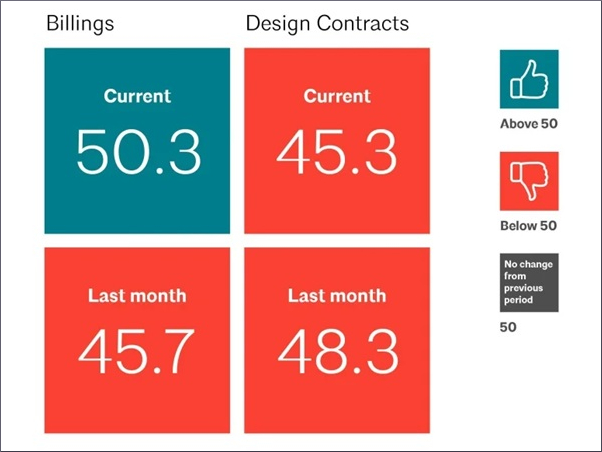
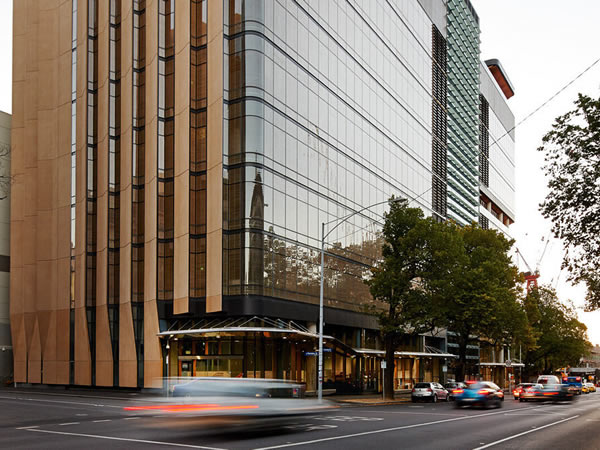

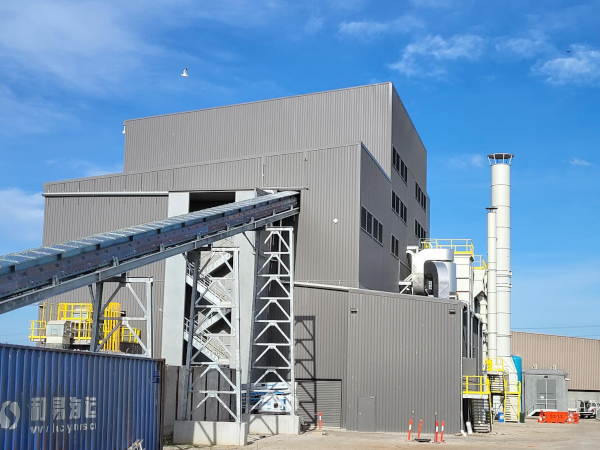
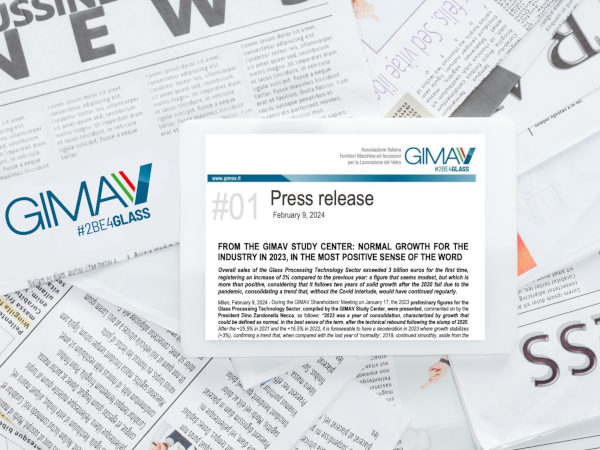
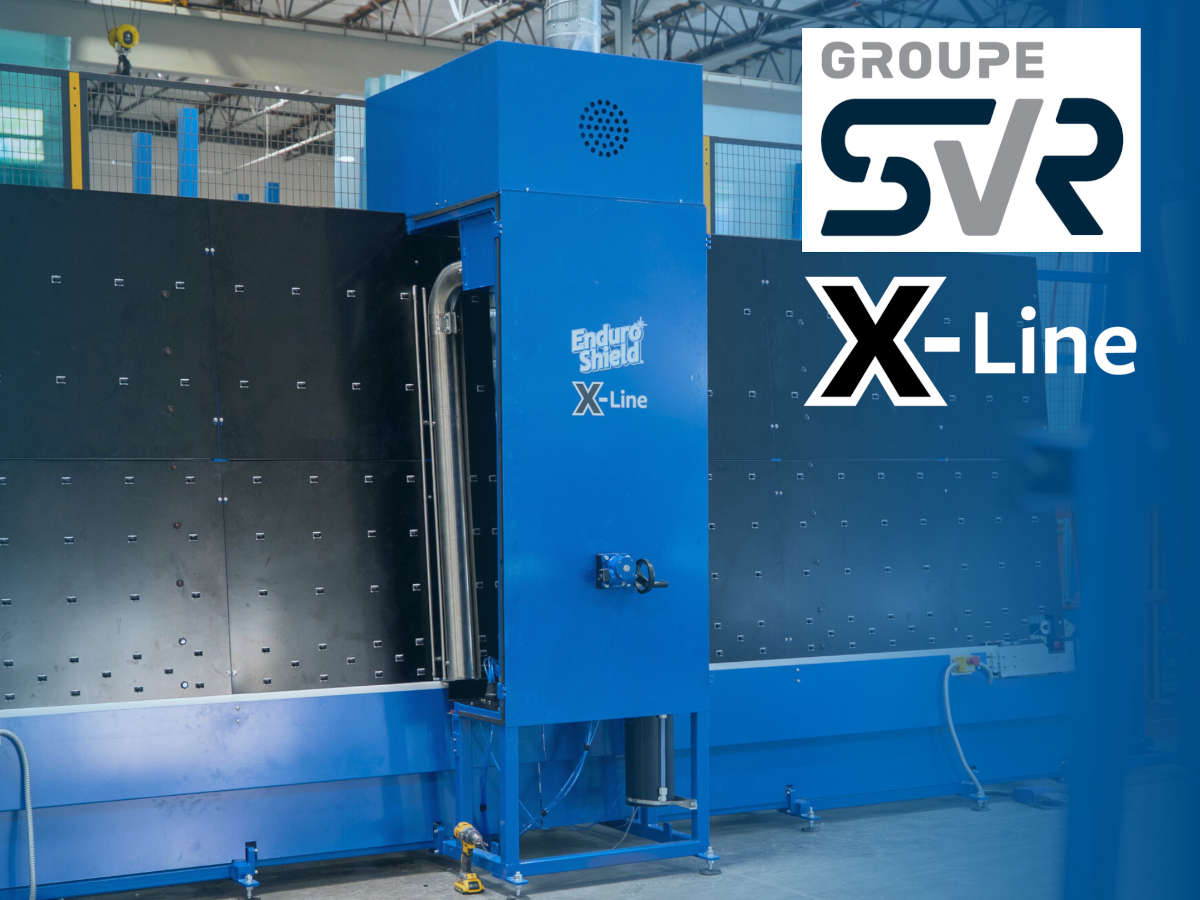

Add new comment